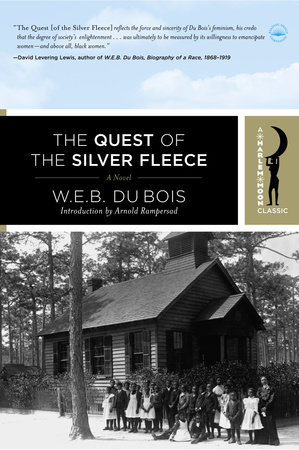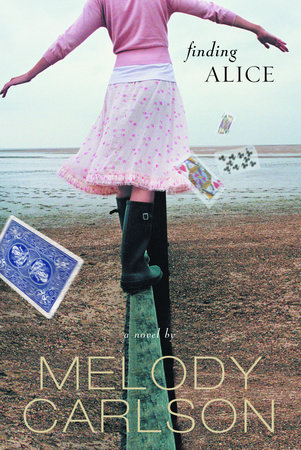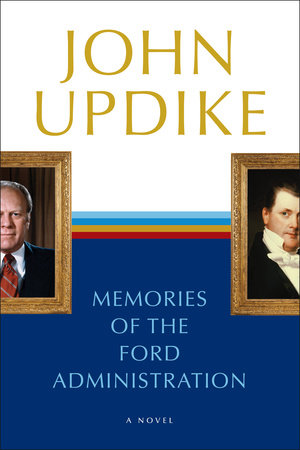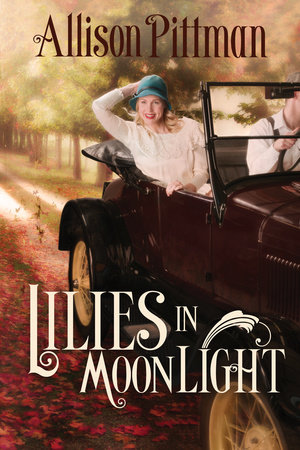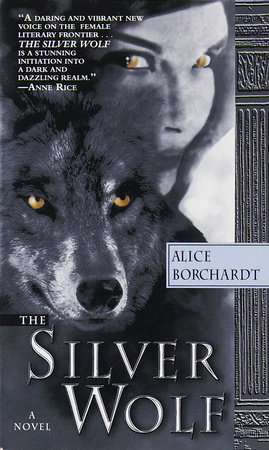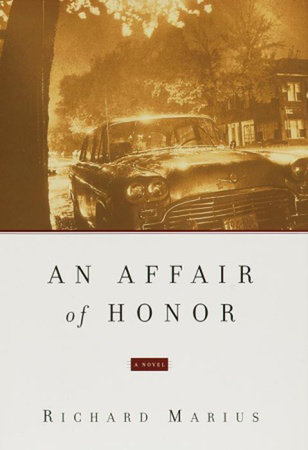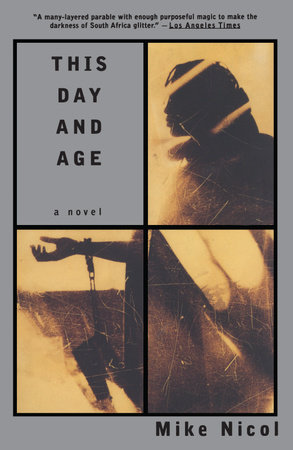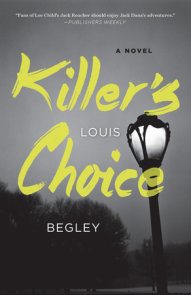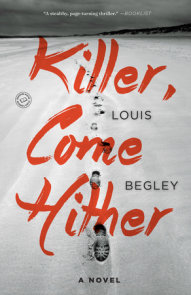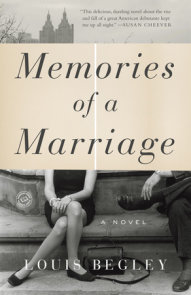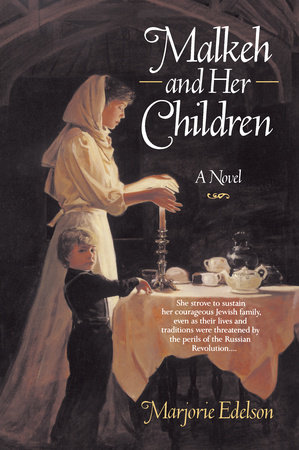Author Q&A
A CONVERSATION WITH LOUIS BEGLEY
Donald Hall has published twenty books of poetry. His short
stories are collected in Willow Temple (2003). Forthcoming is
a memoir, The Best Day the Worst Day, about his late wife,
Jane Kenyon, and a selection of his poetry from 1950 to the
present.
Donald Hall: The first thing to notice, the first thing to astonish, is the form of the novel—John North’s monologue over three days to a nameless listener. “I made no comment,” the listener tells us. “It seemed best to say nothing.” In one of his few references to himself, he speaks of John North as “this man so like me in appearance, in demeanor.” Maybe he notes class and education only, but it raises the thought that North is in effect talking to himself. Did you have any such notions?
Louis Begley: It is possible that North is talking to himself. Small pieces of stage business, however, point in the other direction. Occasionally, the mostly silent ostensible narrator says something and bestirs himself to do certain things. He drinks, he eats, he accompanies North to the toilet. More important, he observes North and reports on him. None of this, I agree in advance, is conclusive. It could be that North and I are enjoying a private joke. A reason to think that North is not alone that I find persuasive is the tension of the narrative. I think it comes from North’s always addressing someone who is in fact right across the table from him, rather than speaking to the abstraction called a Reader.
DH: Did the monologue form occasion special dif.culties in the writing?
LB: It didn’t. I had no hesitation about the form. “The Rime of the Ancient Mariner” was very much in my mind; it could not be dislodged. I wanted the tale to be told by a compulsive talker, one of those obnoxious people whom at first you can’t get to shut up, and later would gladly pay if only they kept going.
DH: In the Paris Reviewinterview, done while you were writing Shipwreck, you talk about beginning a novel with a “clear image of the protagonist and of the protagonist’s predicament,”
and of knowing “how the predicament will resolve itself.” Did you know how Shipwreck would end?
LB: Yes. As I may have said in the Paris Review conversation, I had the ending so clearly in mind that I wrote it out before I started on the beginning. Such changes as I made later in the
ending had to do with the geography of Martha’s Vineyard, the exact place where North’s ship would be wrecked, and, of course, the use of words.There must have been eight or ten printed drafts with nothing but word changes. And between those printed versions I was constantly changing words on the screen of my laptop. But nothing of substance was altered.
DH: While being interviewed by Léa at the beginning of the novel, John North talks about how a novelist uses “tales and anecdotes told to him by others. When he is dining out, for instance, like Henry James.” Was there such a seed for Shipwreck? Do you remember how the novel began and how it grew? With Loss, John North “had a pretty good draft”of the last scene in his book “before I started the first chapter.” Did you ever do such a thing?
LB: I am sorry to report that I did not get the idea of Shipwreck dining out. Its germ was a thought that came to me in Venice, I believe shortly after I had .nished Schmidt Delivered and before I
started Mistler’s Exit. I wanted to try to write a thriller about a married young man with children who decides he must get rid of an intrusive mistress who is threatening the tranquility of his family. Of course, he wants to commit a perfect crime so that he can live happily ever after. That aspect of the transaction is not, in his opinion, dif.cult to work out. The real problem is that he genuinely likes his mistress, and therefore, he wants to make sure that he doesn’t frighten her or cause her
pain. I had a solution to that problem as well, but I didn’t get around to testing it because I turned instead to Mistler’s Exit. But, when Mistler’s Exit was done, the old thriller idea rose up in a new shape, that of a crime that may not be a crime at all, at the root of which is the very complicated relationship between North and his mistress, Léa. So it is true that, like North when he was writing Loss, I had the last scene in hand when I got to work.
DH: North’s monologue takes place at a bar called L’Entre Deux Mondes. The name of the establishment seizes me. I found myself giving Shipwreck an alternative title: Between
Two Worlds. I seem to take the name of the establishment as being descriptive of the novel. Do you see any such possibility?
LB: You are exactly right. Where the narration takes place is a mystery, and I intended it to be such. At one point it occurred to me that L’Entre Deux Mondes could be a quiet corner of an insane asylum.
DH: I do not confuse Louis Begley with John North, but I wonder if your feelings as a novelist jibe with his. He does not want to pick one of his novels as best because “one can’t say that sort of thing about a book any more than about children.” You say something similar about your own work in a Paris Review interview. When John North writes a novel that makes use of memories, he tells us, writing the novel exorcises these memories. Has such a phenomenon happened to you?
LB: North’s views about the craft of the novel are ones I find it easy to accept and occasionally to put forward as my own. I do not agree, however, that using memories in a novel exorcises them. For instance, writing Wartime Lies did not have the cathartic or curative effect of relieving me of nightmares about World War II in Poland, or my inability to watch scenes of violence on television or on a motion-picture screen, or my ghastly fear of other humans. I am not particularly afraid of dangers associated with the elements or airplane or automobile accidents or other threats that do not have in them the component of human malice directed at me. By contrast, the thought of what other men may choose to do to me puts me in a state of panic.
DH: John North undergoes an epiphany about his works: “none possessed the literary merit that critical opinion ascribed to them.” Does not every good writer undergo such notions? Have you?
LB: I certainly have. But I never reach a secure feeling of satisfaction about my work in the first place. I don’t stop questioning it, even if, when I do a reading from one of my novels, a particular passage strikes me as well written, or amusing, or even engrossing. Indeed, I think it’s a miracle when a reader, or a friend, or a reviewer tells me that what I have written is good.
DH: “I don’t teach creative writing,” says John North. Can you imagine doing such a thing?
LB: I am not sure that it can be done. Of course, people who want to write fiction can be taught
grammar, punctuation, and rudiments of style, by which I mean such matters as that the structure of sentences has to be varied, that one must avoid using the same word over and over when adequate synonyms exist unless the repetition is intentional, and that one must beware of malapropisms and metaphors that are dead on arrival. And one can be told that one needs to carry the reader along by the strength of the narrative. But will such precepts do any good to students who do not have an innate love for words and talent for using them? Or the willpower required if one is going to police what one has written? I doubt it. But it may be that I have never been taught by a really good teacher of creative writing.
DH: Henry James had a way with proper names. May Bartram is the warmer one, John Marcher considerably cooler. What of John North’s name?
LB: Yes, North is a cold name and should be taken as something of a signal.
DH: You and John Updike were members of the same class at Harvard. You were editor of a literary magazine, the Harvard Advocate, and he of the humorous Harvard Lampoon. I
believe that you both took writing courses with Albert Guerard. Did you know each other?
LB: I don’t remember John’s having been in the class taught by Albert Guerard that I attended. At one time I thought he was already in the more advanced class taught by Archibald
MacLeish. However, it turns out that neither of us made it to that summit of creative writing.
John and I did know each other at that time, but I do not believe that we knew each other well. We became friends about four years later, when he had moved to Ipswich and I was in my first year of Harvard Law School.
DH: In an account of your work as a lawyer, in the New Yorker profile of you, you are described as excellently combative, highly successful as a negotiator. Is there a way in which your fiction provides another outlet for, oh, competitiveness?
LB: I am not competitive as a novelist, perhaps because I know that the only writers I would care to take on would knock me out of the ring. They are the usual group: Proust, Tolstoy, Flaubert, Kafka. Given such ambition, it’s best that I keep a low profile. It is in fact possible that writing .ction has liberated me from the need to be at the head of the class.
DH: The New Yorker writer, speaking of your .ction after Wartime Lies, says that “it’s as though Begley had decided to explore every negative possibility of his grown up existence, to see where the wrong turns would have lead.” Can you see some of your fictions as counterautobiographical?
LB: Hal Espen’s observation is profound, and, perhaps for that reason, I am not sure I understand it completely. To the extent that I do grasp his intention, I would say that I am very bhard in my novels on protagonists who could be my doubles but, of course, aren’t.
DH: Your second novel came out two years after your first, your third novel one year later. The fourth, fifth, and sixth came two years apart. Only Shipwreck occasioned a three-year
gap between publications. Was it more difficult? Did it take more drafting? Was the rest of your life getting in the way?
LB: I think that what held me back was the cumulative weight of legal work—I was extraordinarily busy as a lawyer when I was writing Shipwreck—and the sort of duties one accumulates as one publishes books, for instance writing articles and essays that some magazine or newspaper has commissioned, giving an occasional speech, correcting translations of novels as they are bought for publication in a language I know, or giving an occasional reading to promote my work and, very important to me, coming in contact with readers. Before one has published a couple of books, one is not asked to do such things. Indeed, one has no opportunity to undertake them.
Of course, every hour spent on these “paraliterary” pursuits is an hour that one hasn’t devoted to one’s work as a novelist.
DH: You wrote your first novel, Wartime Lies, when you received a four-month sabbatical from your law firm. You had written no fiction in the decades after college. At some point, did you expect to? Were you waiting for sufficient time?
LB: Out of modesty or superstitious fear, I did my utmost to keep thoughts of writing .ction out of my head. People occasionally asked why I didn’t try to write. I had a stock answer that was on a certain level truthful: I have no time. There is, of course, another truth: Time can always be
found if one wants to write and dares to. The long delay was fortunate, because evidently I needed to mature in various ways before undertaking to write about my experiences during World War II. I am certain that I would have made a hash of it if I had tried to do it before I was so ready for Wartime Lies that the novel could and did force itself on me.
DH: You have said that after you wrote your second novel, you discovered that you liked writing. Is it possible to say what you like about it?
LB: Letting a character grow inside me, and getting to understand him and his dilemma, is great fun. More unbeatable fun comes in telling the character’s story and providing the setting for it. The best fun of all is to discover as I write the crowd of observations and jokes stored somewhere in my head that I had not known about before I came to use them. North says something quite similar in the course of his fateful interview with Lea.
DH: Now that you have largely retired from the law, and writing is no longer a matter for weekends and vacations, do you
find yourself changing in your attitude toward writing? I can imagine feeling freed; I can imagine feeling terrified. The Paris Review interviewer asked you about your life after law, when you would be able to devote yourself to writing, and you remarked that it would depend “entirely on
whether there is water left in the well.” Does there appear to be water left in the well?
LB: How well you understand me! I think it is fabulous, too good to be true, that I can now take
as much time as I like or need to write a novel—a task for which there is no deadline, because I would not dream of getting a contract for a novel I haven’t completed to the point of its being ready, in my judgment, to be published. But I am afraid of not being able to put my time to good use, precisely because there is no water left in the well, or, equally possible and even more terrifying, because my intellectual power will lag. Is there water left in the well? I hope so and will soon find out as I try to make progress on what should be my eighth novel.



